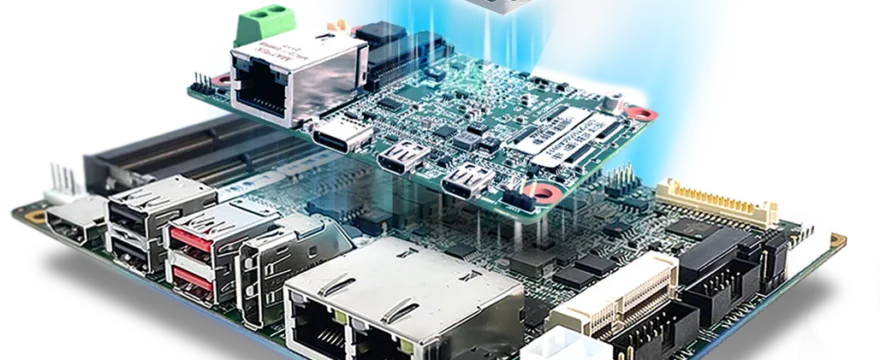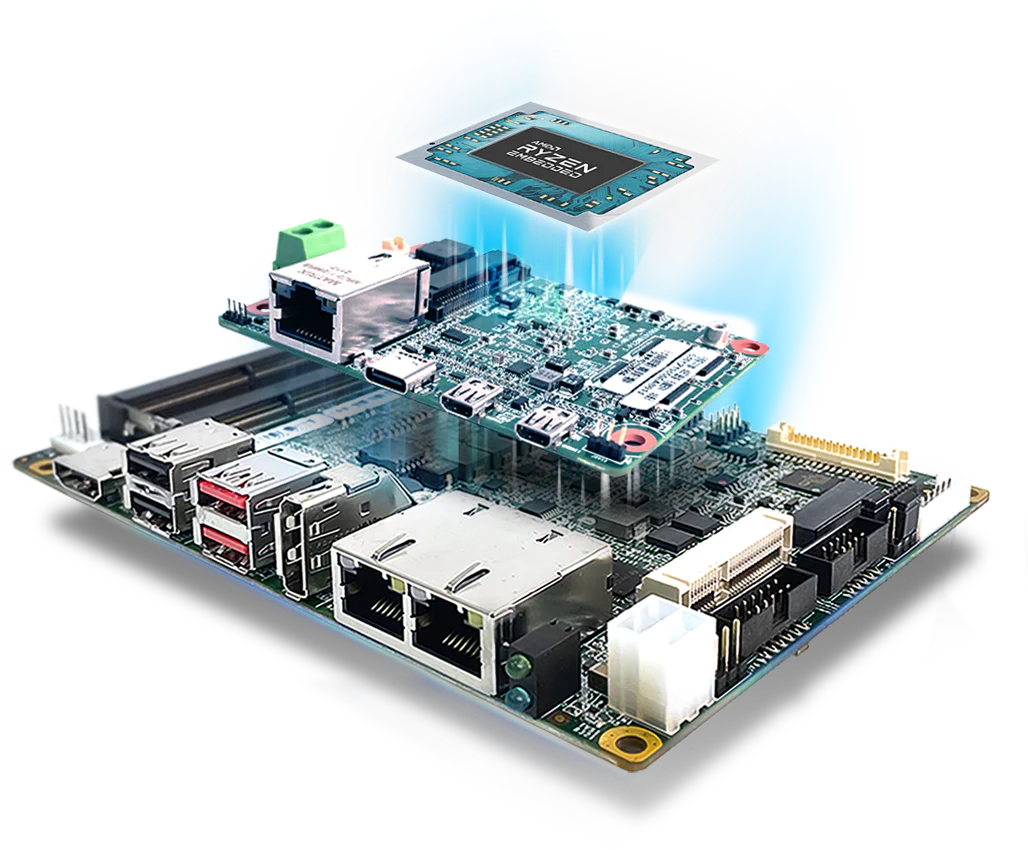In the realm of industrial computing, selecting the right equipment is paramount to ensuring seamless operations. One crucial component that demands careful consideration is the Industrial Single Board Computer, commonly referred to as an “industrial SBC.” This article aims to guide you through the essential factors to ponder when purchasing a high-quality industrial SBC, emphasizing the significance of this component in various industrial applications.
Understanding Industrial SBCs
Industrial Single Board Computers are compact yet powerful devices designed to cater to the demanding requirements of industrial settings. Serving as the brains behind various systems, these SBCs find application in automation, control systems, data acquisition, and other industrial processes. Given their pivotal role, it’s imperative to delve into the key considerations when looking to invest in a high-quality industrial SBC.
Robust Build and Durability
The harsh conditions often encountered in industrial environments necessitate a robust build for SBCs. Look for devices designed to withstand temperature variations, humidity, vibration, and potential exposure to dust and contaminants. A durable industrial SBC ensures reliability and longevity, minimizing the risk of system failures due to environmental challenges.
Processing Power and Performance
Industrial applications vary widely in complexity, requiring different levels of processing power. Assess the computing requirements of your specific application and choose an industrial SBC with adequate processing capabilities. Consider factors such as CPU speed, RAM capacity, and graphics processing to ensure optimal performance for your industrial processes.
Expansion and Compatibility
The versatility of an industrial SBC lies in its ability to accommodate various peripherals and expansion options. Evaluate the available expansion slots and connectivity features to ensure compatibility with any additional components your system may require. USB ports, Ethernet connectivity, and PCIe slots are essential considerations for seamless integration with other industrial equipment.
Reliability and Longevity
Reliability is a non-negotiable factor in industrial settings where downtime can have significant repercussions. Opt for industrial SBCs from reputable manufacturers known for producing reliable and durable components. Additionally, inquire about the product’s lifecycle and availability to ensure long-term support for your industrial systems.
Operating System Support
The compatibility of an industrial SBC with your preferred operating system is crucial for seamless integration into your industrial setup. Verify that the SBC supports the operating system required for your specific application and that it allows for straightforward software development and updates.
Power Efficiency
In industrial settings, energy efficiency is a key consideration for minimizing operational costs and environmental impact. Select an industrial SBC that balances power consumption with performance, optimizing efficiency without compromising processing capabilities. This is particularly important for applications where continuous operation is essential.
Thermal Management
Efficient thermal management is vital to prevent overheating and ensure the stable operation of industrial SBCs. Consider models with effective heat dissipation mechanisms, such as heat sinks or fans, especially if your application involves demanding computing tasks. Proper thermal management enhances the overall reliability and lifespan of the industrial SBC.
Certifications and Compliance
Compliance with industry standards and certifications is indicative of an industrial SBC’s adherence to quality and safety measures. Look for certifications such as CE, FCC, or specific industry-related standards applicable to your field. Compliance ensures that the industrial SBC meets the necessary requirements for integration into industrial systems.
Cost of Ownership
While the initial cost of an industrial SBC is a significant factor, it’s essential to assess the overall cost of ownership. Consider factors such as maintenance requirements, lifecycle costs, and the potential impact of system failures on productivity. Investing in a high-quality industrial SBC with lower long-term costs can prove to be more economical in the industrial landscape.
Conclusion
In conclusion, the selection of a high-quality industrial Single Board Computer is a critical decision that can significantly impact the efficiency and reliability of industrial processes. By prioritizing factors such as robust build, processing power, expansion options, reliability, and compliance, you can make an informed choice tailored to the specific needs of your industrial application. Remember, the right industrial SBC is not just a component; it’s a foundational element that ensures the smooth operation of your industrial systems.

